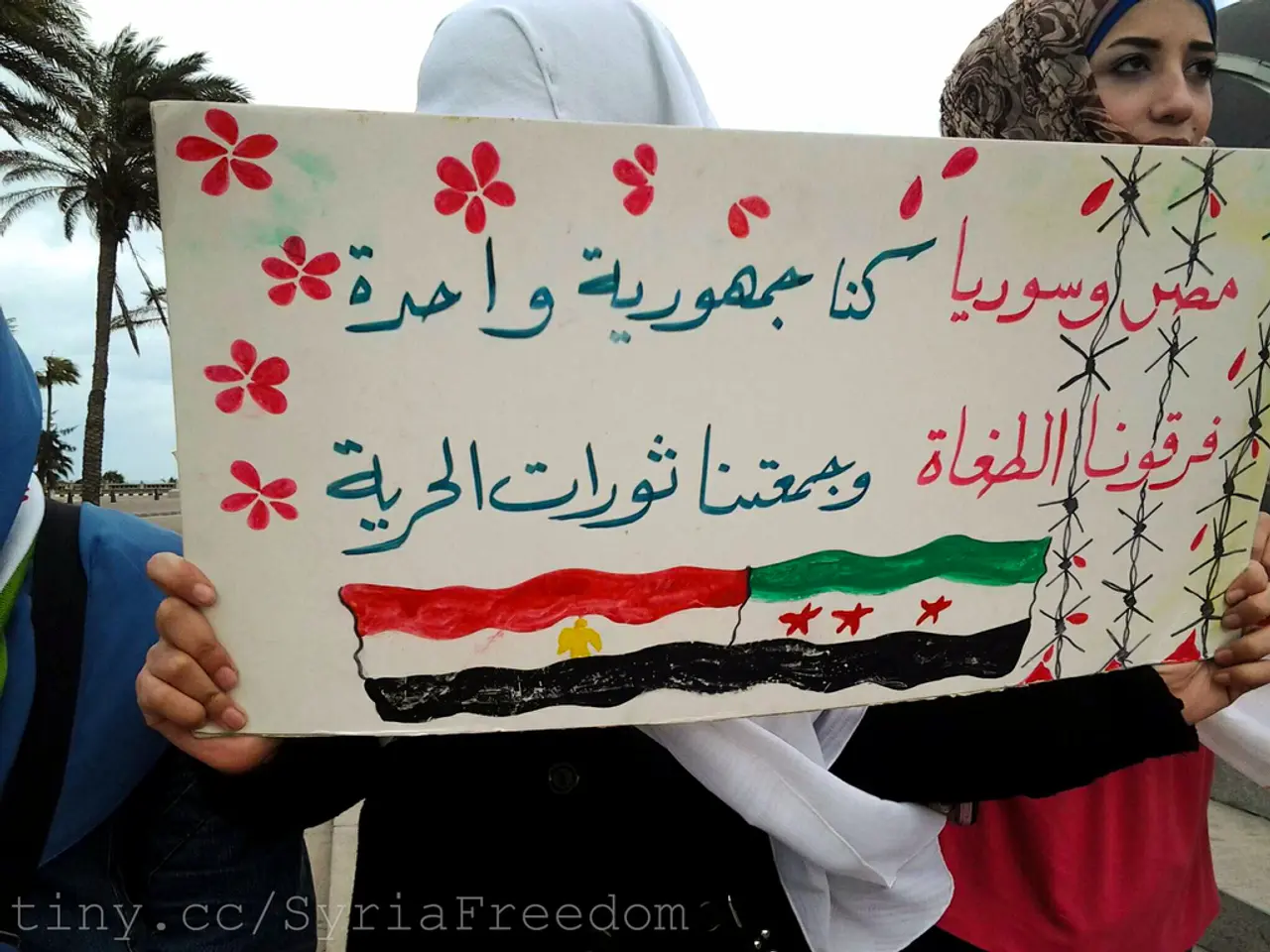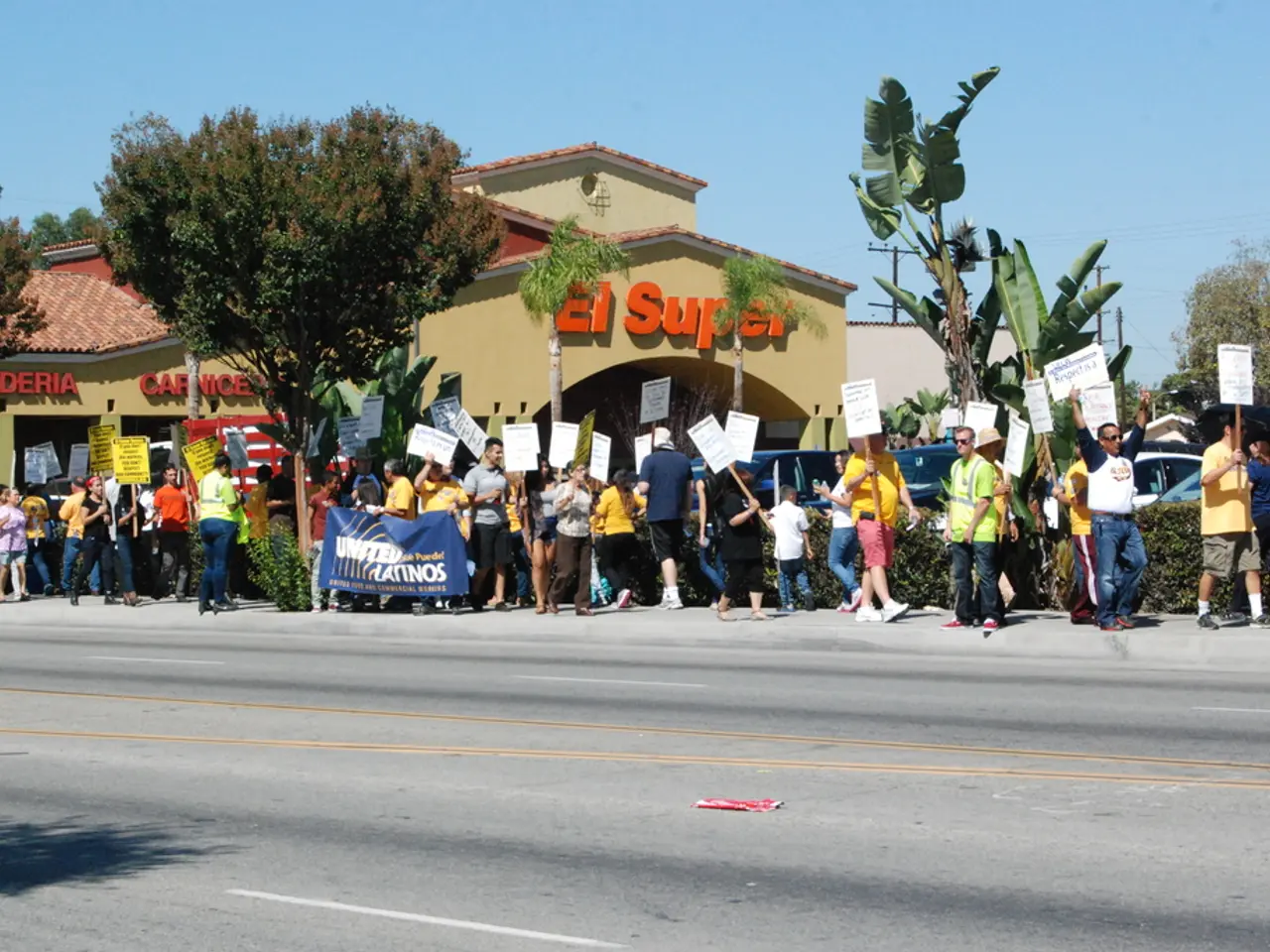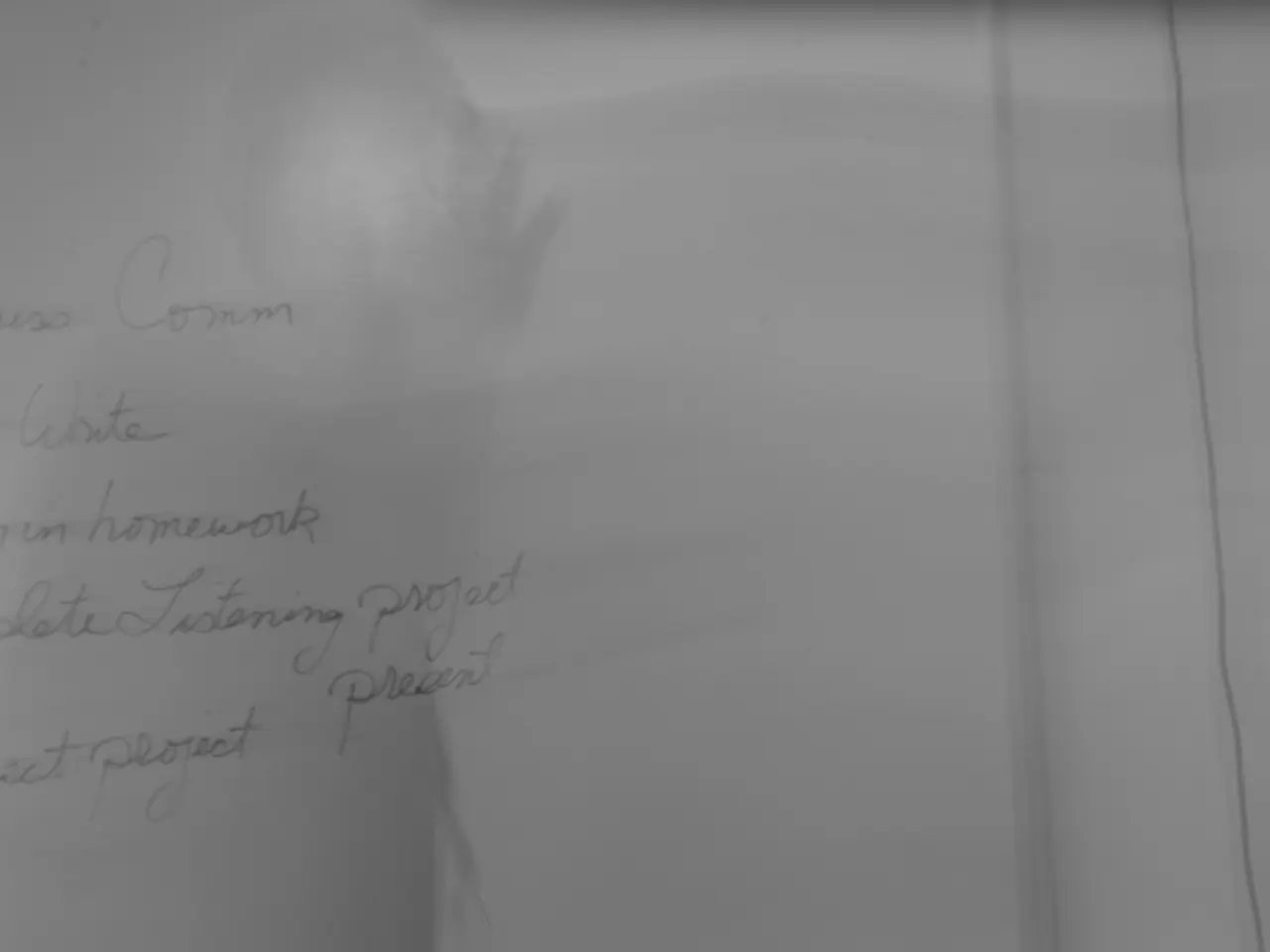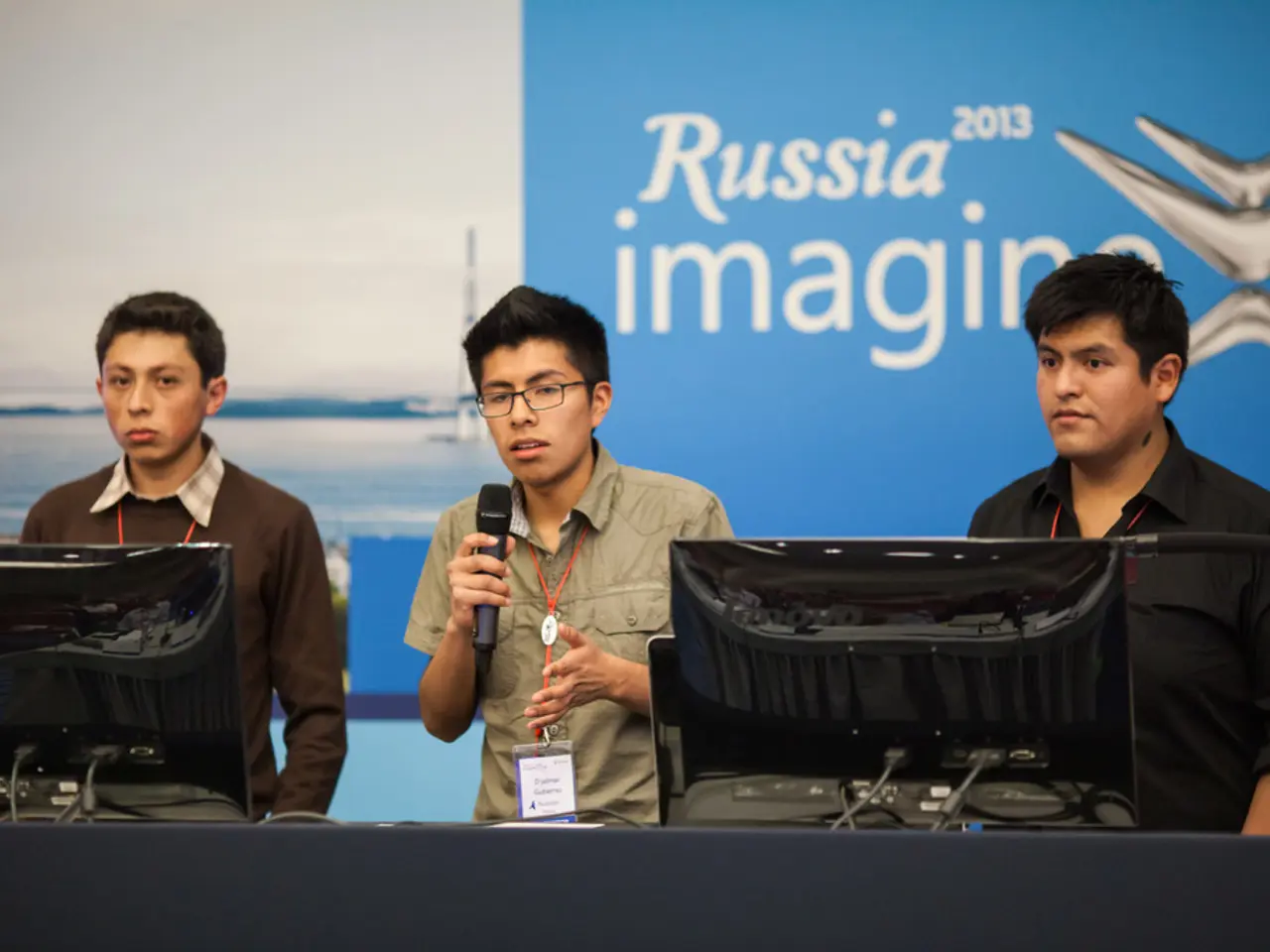Push for a policy reformation aimed at abolishing systematic prejudice towards the Hijra community
In Bangladesh, transgender and Hijra individuals face significant challenges in accessing healthcare due to systemic discrimination, stigma, and the absence of dedicated medical provisions. Despite the existence of legal avenues for accessing mainstream healthcare, members of these communities often encounter harassment and exclusion at healthcare facilities, with no specialized or inclusive services available to meet their unique needs.
Key current challenges include harassment and discrimination in hospitals, lack of inclusive healthcare infrastructure, and social marginalization and stigma. Hijra and transgender individuals frequently experience suspicious inquiries and are sometimes denied proper entry or treatment in hospitals, contradicting international human rights principles. There are no formal or dedicated healthcare facilities or policies in Bangladesh tailored specifically for the transgender or Hijra community, with government officials acknowledging equal access rights but confirming no distinct healthcare plans or provisions exist for these groups. Societal prejudice against gender-diverse people further discourages them from seeking healthcare, contributing to health disparities and unmet medical needs.
Potential solutions proposed and under consideration include policy reform to incorporate specific healthcare provisions, sensitization and training of healthcare providers, establishing dedicated health services or clinics, and legal recognition and protection reinforcement. Experts and advocates call for legal and administrative reforms to create inclusive policies that ensure accessible, respectful, and safe medical services for the Hijra community and transgender persons. Addressing stigma through education of medical personnel can improve their attitudes toward gender-diverse patients and reduce discrimination in healthcare settings. The creation of specialized clinics that offer gender-affirming care and sexual/reproductive health services could bridge current gaps. Upholding international human rights standards, including the right to the highest attainable standard of health without discrimination based on gender identity, is essential to safeguard access.
Jinat Ara, chief executive at WE CAN, emphasized the need for deeper systemic change, stating that hijras are human beings and the state has a responsibility to ensure they are not viewed as separate or inferior. She suggested strong legal protection for hijra rights, awareness campaigns to shift societal attitudes, quotas in education and employment to improve participation and reduce stigma, and integration of hijras into society as equals. Many transgender individuals in Bangladesh choose not to seek formal medical care due to the treatment they receive at hospitals and instead turn to pharmacies or unqualified practitioners.
The Government of Bangladesh recognized the hijra as a third gender in 2014 and granted them voting rights and inclusion under various social safety net programs in 2019. However, these symbolic gestures have not eradicated discrimination, particularly in education, healthcare, and property rights. In the Korail slum, a 40-year-old hijra named Nayantara stated that when they fall ill, they have no choice but to rely on pharmacies for treatment due to the discrimination they face at hospitals. A study on hijra individuals in Bangladesh highlights physical and psychological abuse, systematic denial of quality services, healthcare, and employment.
The "Expanding Civic Space through Active CSO Participation and Strengthened Governance System in Bangladesh (ECSAP)" project, with financial support from the European Union, is working to raise awareness and build the capacity of organizations to uphold the rights of marginalized communities. This project is being implemented by Christian Aid, AMRAI PARI (Alliance to End Domestic Violence), and Manusher Jonno Foundation. Sadikul Islam, founder of "Brihonnola", emphasized that the hijra community faces exclusion from healthcare and rejection from their own families and broader society. He stressed the need for policy reforms that include transgender people in educational curricula and ensure their acceptance within families. Changing perceptions takes time, but policy change can lead to real inclusion, especially in education.
Transgender and Hijra individuals in Bangladesh continue to face discrimination and exclusion in the realm of policy and legislation, particularly when accessing healthcare, which is a significant concern in the general news. To address these issues, potential solutions under consideration include policy reform, training of healthcare providers, establishment of dedicated health services, and legal recognition and protection reinforcement for these marginalized communities.








